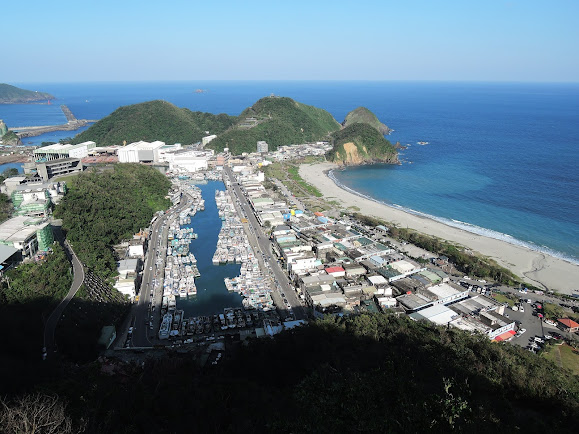Scene from Taiwan.
(Photo: FLICKR / HKMAA)
(ChinaAid, Midland, TX / Taiwan—August 06, 2021) Bob Fu, PhD., president of ChinaAid met Nancy (in 2019, the young Taiwanese woman The New York Times Magazine features in “Is Taiwan Next?” (August 04 article). From the time he visited with her during Taiwan’s presidential election, as well as from recent reports regarding her work…, Dr. Fu describes Nancy as “bold—very bold.”
Is Taiwan Next?
By Sarah A. Topol
August 04, 2021
Under the sharp light of Taiwan’s Taoyuan International Airport, the 19-year-old was easy to find. He stood alone where Nancy Tao Chen Ying had instructed.
Nancy was at her office when she received the message. It was a hot and humid Friday afternoon in July 2019, and a friend in Hong Kong asked if she could get to the airport: A
young anti-government protester was fleeing the semiautonomous Chinese territory; could she pick him up once he landed? Nancy had never done this before, but when she agreed, the protester sent her an encrypted message with his flight details, and she left work to meet him.Slightly less than five feet tall and 26 years old, Nancy wore her long dark hair side swept, the layers framing her face. She dressed well, often in pastels, changing styles like moods. As Nancy approached him, the boy seemed unsettled. Tall and slim, he loomed over her, clutching a small backpack. He told her that while he had brought some clothes, he had little money. “It’s OK,” Nancy told him, leading him to the metro. “Let’s just go to Taipei first.
Because they were introduced through mutual friends, Nancy assumed she was the only person in Taiwan the Hong Konger could trust, the only person in Taiwan he probably even knew, but the nearly hourlong metro ride downtown was quiet. The boy didn’t strike up a conversation and was indifferent to Nancy’s questions.
“What should I call you?” she asked.
“Call me —.”
“What happened to you in Hong Kong?”
“The police came to arrest me and searched my house.”
Nancy didn’t push for more details; she was familiar with the contours of his story. There was proof that he attended an anti-government protest — something incriminating. He had either posted bail or not been charged yet, and within 48 hours, he decided to flee. Looking to blend in with other travelers, he took little with him. Dozens upon dozens of versions of the same story had been playing out in Taiwan for the last few weeks.
Months earlier, in the spring of 2019, Hong Kong’s chief executive proposed an extradition bill that would have allowed Hong Kongers to face trial in mainland courts, further solidifying China’s control over the semiautonomous territory. Mass peaceful marches demanding the bill’s withdrawal were answered with volleys of tear gas. Skirmishes erupted. As violence escalated, many young protesters feared they would be arrested on rioting charges that carried up to 10 years of prison time. Unsure of the future, they fled alone or in small clusters to Taiwan.
The Taiwanese, themselves separated from China by only 81 miles of water and living with 70 years of the Chinese Communist Party’s threats of forceful annexation, overwhelmingly supported Hong Kong’s protest movement. Many ordinary Taiwanese citizens had been moved to send money or donate supplies, like hard hats, gas masks and goggles, to the front lines. Taiwan’s democratically elected government issued grandiose statements of solidarity, but when the Hong Kong escapees started to arrive, the same politicians did little to help. Taiwan could see a version of its future in Hong Kong and worried that coming to its aid too overtly would hasten that scenario’s arrival.
Instead, an ad hoc network of civil-society organizations and individuals tried to take care of the new arrivals — they would need housing, food, money and medical care. Some Taiwanese, like Nancy, had links with Hong Kong activists or politicians who funneled people to them. Other times Hong Kongers plugged into networks in Taipei.
Once she picked up the first protester, Nancy started escorting more, sometimes heading to the airport as often as three times a day. She devoted hours after work as a producer at a television station to helping them settle into their new lives. Many of the arrivals were deeply traumatized, unable to sleep or process what had happened to them. They had left their real names, their photos, their families behind. Nancy’s shuttling and companionship was itself a small act, but she believed it was part of a greater struggle.
ChinaAid Media Team
Cell: +1 (432) 553-1080 | Office: +1 (432) 689-6985 | Other: +1 (888) 889-7757
Email: [email protected]
For more information, click here

